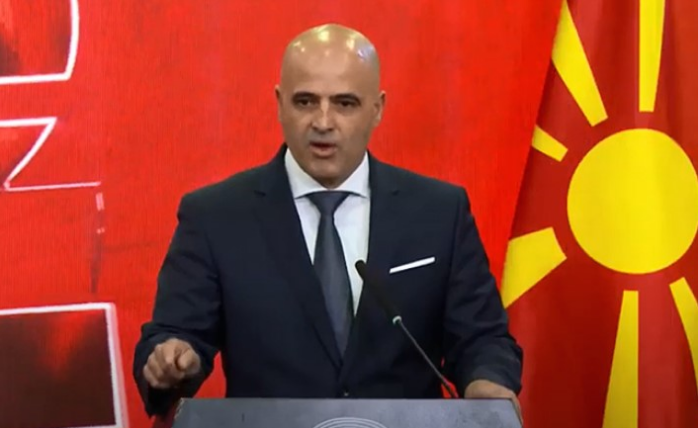Today, Prime Minister Dimitar Kovacevski is set to participate in the Berlin Process Leaders’ Summit held in Tirana. The government’s press service has announced that Deputy Prime Minister for European Affairs, Bojan Maricic, will also be part of the government delegation attending the summit.
The event will see the presence of notable figures, including Chancellor of Germany, Olaf Scholz, the President of the European Commission, Ursula von der Leyen, the President of the European Council, Charles Michel, and various leaders from countries participating in the Summit such as Austria, Croatia, Greece, Hungary, the Netherlands, and Slovenia. Senior representatives from organizations like CEFTA, OECD, RSS, World Bank, European Bank for Reconstruction and Development, and the European Investment Bank will also be in attendance.
The Summit will feature working sessions covering topics related to the region’s integration into the single market, improving convergence with the EU, and supporting green and digital transitions in Western Balkan countries. Discussions at the highest level are expected to focus on the achievements within the Berlin process, its impact on regional cooperation, its importance in advancing European integration, and bilateral relations.
Several documents and conclusions are set to be adopted during the Summit, and leaders of Western Balkan countries will sign an Agreement on the recognition of professional qualifications for nurses, veterinarians, surgeons, midwives, and pharmacists. This builds upon last year’s Agreement recognizing the qualifications of doctors of medicine, doctors of dental medicine, and architects.
In addition to these activities, Prime Minister Kovacevski is scheduled to hold meetings with Chancellor Scholz, European Commissioner for Neighborhood and Enlargement Oliver Varhely, President of the European Bank for Reconstruction and Development, Odile Renaud-Basso, and the Vice President of the World Bank for Europe and Asia, Antonella Bassani.
The Berlin Process is being facilitated with the support of the European Commission, international financial institutions, and the member states involved in the process, which include Germany, France, Austria, Bulgaria, Croatia, Italy, Slovenia, Greece, Poland, and the United Kingdom, in collaboration with the six Western Balkan countries.





Comments are closed for this post.